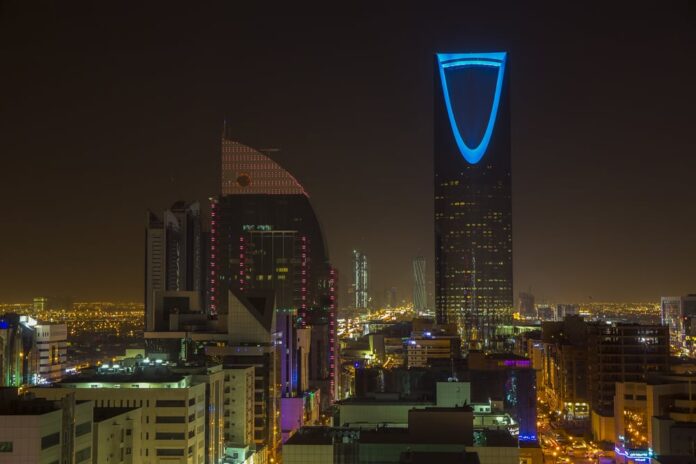RIYADH: Oil prices rose on Tuesday, paring losses from the previous session, as a weaker US dollar offset widening COVID-19 curbs in China that have stoked fears of slowing fuel demand in the world’s second-largest oil consumer.
Brent crude for January delivery rose 73 cents, or 0.8 percent, to $93.54 a barrel at 0406 GMT. The December contract expired on Monday at $94.83 a barrel, down 1 percent.
US West Texas Intermediate crude rose 58 cents, or 0.7 percent, to $87.11 a barrel, after falling 1.6 percent in the previous session.
Ecuador’s Lasso names lawyer Santos as new energy minister
The president of Ecuador Guillermo Lasso has named lawyer Fernando Santos as the country’s new energy minister, the third person to hold the post since Lasso took office in May 2021.
Santos, an experienced oil industry lawyer, takes over from Xavier Vera, who resigned amid an investigation into accusations he arranged jobs at state oil company Petroecuador in exchange for bribes.
US sets timeline for Russian oil cargoes subject to price cap
The US Treasury Department said vessels of Russian petroleum that are loaded before Dec. 5 and unloaded at their destination before Jan. 19 will not be subject to the price cap planned by Western governments, providing some breathing room for traders and shippers.
The US government, the Group of Seven and the EU plan to impose the price cap which begins on Dec. 5 as part of sanctions against Russia for its invasion of Ukraine.
The exact price levels of the caps, which will be placed on shipments of Russian crude oil and oil products, are still being worked out. A senior Treasury Department official told reporters in a call that discussions on the price level among G7 countries and Australia are centering on Russian oil production costs and historic prices for Russian Urals oil.
One person familiar with the process said last week the cap will be determined in line with the historical average of $63-$64 a barrel, a level that could form a natural upper limit, Reuters reported.
(With input from Reuters)

